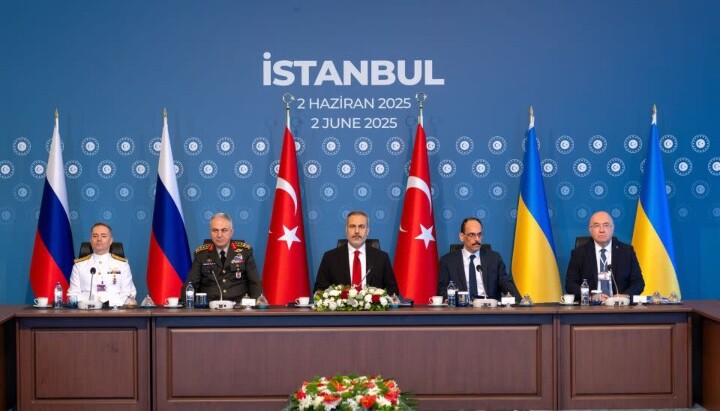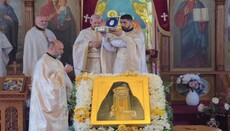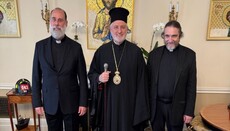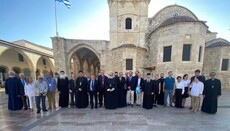Russia Demands Protections for Ukrainian Orthodox Church in Istanbul Peace Talks

Religious freedom emerges as a key issue in ceasefire proposal amid ongoing state actions against the UOC.
ISTANBUL — At recent peace negotiations in Istanbul, Russia introduced a set of ceasefire proposals that included not only political and territorial demands but also religious provisions – specifically, the protection of the canonical Ukrainian Orthodox Church (UOC).
The talks, which lasted about an hour, led to a mutual agreement between Russian and Ukrainian delegates to exchange prisoners of war and repatriate the bodies of fallen soldiers.
However, Russia’s broader proposal – made public by RIA-Novosti – outlined far-reaching conditions for ending the war. These included Ukrainian neutrality, limitations on its military development, and the lifting of sanctions. Notably, the proposal also called for ending the Ukrainian government’s campaign against the UOC and safeguarding religious freedoms more generally.
This request comes in stark contrast to recent developments within Ukraine, where the government has intensified pressure on the UOC. In August, President Volodymyr Zelenskyy signed a law banning UOC-affiliated religious institutions, while legal investigations into the Church’s central organization, the Kiev Metropolia, began last month.
Tensions have also escalated at key religious sites. The director of the state-run Kiev Caves Lavra complex was recently dismissed for reportedly being too lenient toward the UOC’s presence there. Clergy continue to face individual prosecution – most prominently His Eminence Metropolitan Arseny of Svyatogorsk, who has been in detention for more than a year, and His Eminence Metropolitan Longin of Bancheny, the target of a prolonged prosecutorial campaign that has resulted in multiple hospitalizations and attacks. Additionally, physical church takeovers by schismatic groups, sometimes with law enforcement support, have further inflamed religious divisions.
With religious freedom now formally included in Russia’s negotiating demands, the role of the UOC could become a significant sticking point in any potential path to peace.
Previously, UOJ reported on a Ukrainian man facing prison for criticizing the use of Ukraine’s national emblem in churches and on religious icons.









